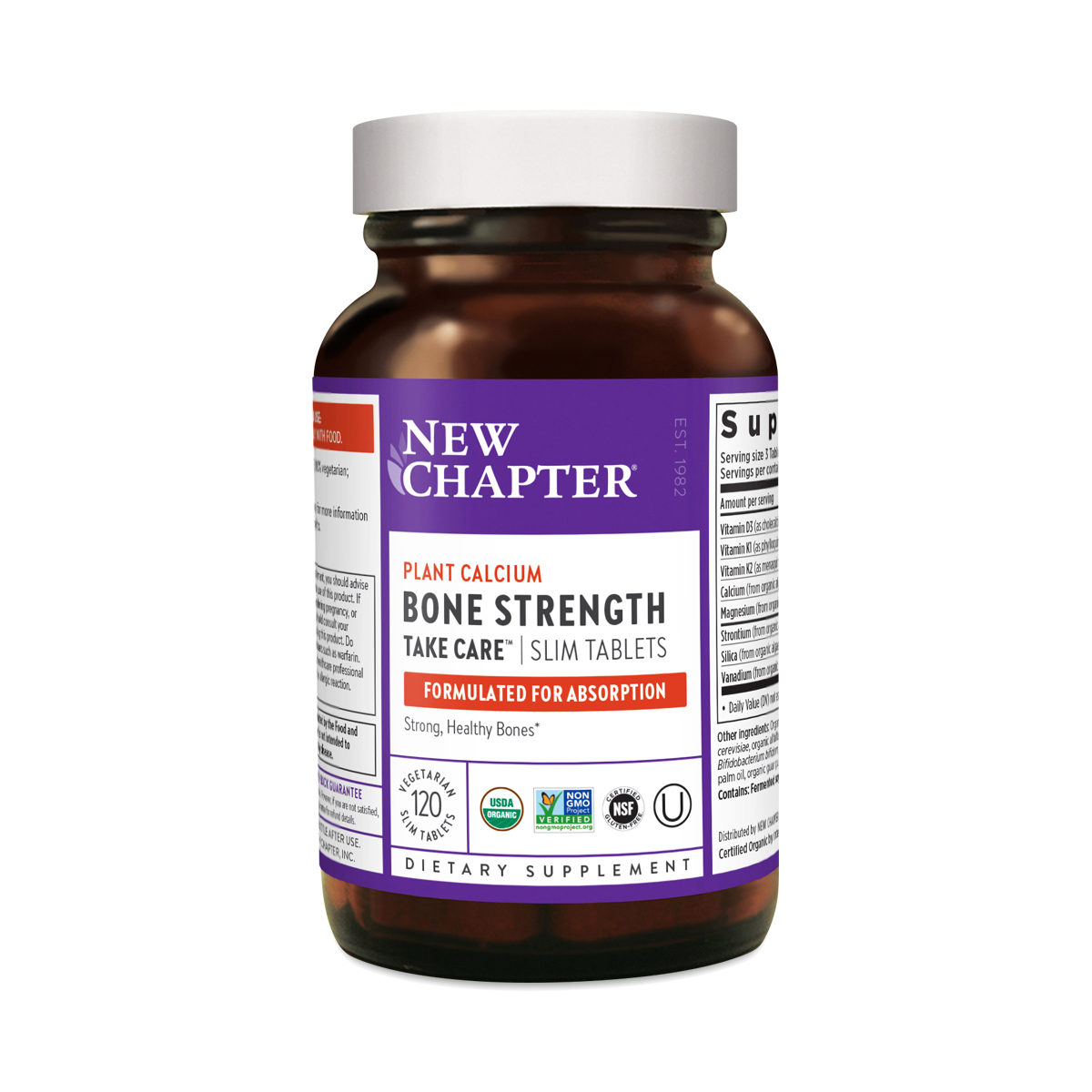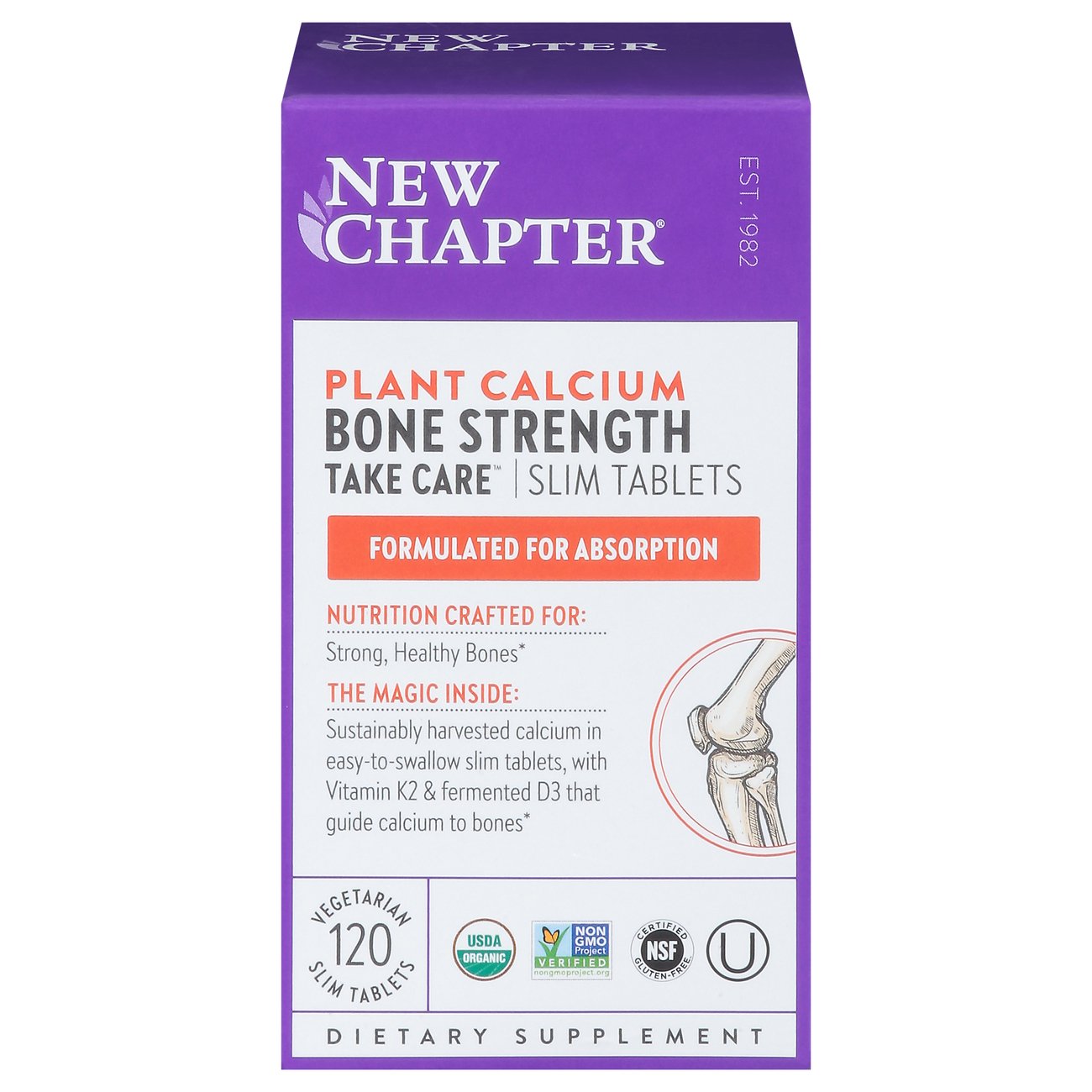New chapter bone strength – Embarking on a new chapter of bone strength, this exploration delves into the intricate world of skeletal health. From nutritional building blocks to hormonal influences, we unravel the secrets to maintaining strong and resilient bones throughout life’s journey.
Discover the profound impact of diet, exercise, and lifestyle choices on bone density and overall well-being. Together, we’ll navigate the latest scientific Erkenntnisse and practical strategies to empower you with the knowledge and tools to safeguard your skeletal health.
Nutritional Considerations for Bone Health

Maintaining bone strength requires a balanced intake of essential nutrients. Calcium and vitamin D are paramount, along with other minerals like phosphorus, magnesium, and fluoride.
Calcium serves as the building block for bones, while vitamin D aids in its absorption from the gut. Phosphorus contributes to bone structure, and magnesium supports bone formation. Fluoride strengthens the mineral matrix of bones.
Diet and Lifestyle Impact on Bone Mineral Density
A healthy diet rich in calcium and vitamin D, coupled with regular exercise and adequate sunlight exposure, promotes optimal bone mineral density. Conversely, smoking, excessive alcohol consumption, and certain medications can compromise bone health.
Exercise and Bone Development: New Chapter Bone Strength

Regular exercise is essential for maintaining strong and healthy bones throughout life. It helps build bone density, reduces the risk of osteoporosis, and improves overall mobility and balance.
Types of Exercise for Bone Growth
Weight-bearing exercises, such as walking, running, dancing, and strength training, are particularly beneficial for bone health. These exercises apply force to the bones, stimulating them to become stronger and denser. Non-weight-bearing exercises, such as swimming and cycling, can also contribute to bone health by improving balance and coordination.
Mechanisms of Bone Formation, New chapter bone strength
Exercise stimulates bone formation through several mechanisms. It increases the production of bone-building cells called osteoblasts, while decreasing the activity of bone-resorbing cells called osteoclasts. Additionally, exercise improves blood flow to the bones, providing them with the nutrients they need to grow and repair.
Exercise Recommendations for Different Age Groups and Fitness Levels
The amount and type of exercise recommended for bone health vary depending on age and fitness level.
– Children and Adolescents: Children and adolescents should engage in at least 60 minutes of moderate-intensity physical activity each day. This can include activities such as playing sports, running, or jumping rope.
– Adults: Adults should aim for at least 150 minutes of moderate-intensity physical activity or 75 minutes of vigorous-intensity physical activity each week. This can include activities such as brisk walking, jogging, or swimming.
– Older Adults: Older adults should focus on exercises that improve balance and strength, such as tai chi, yoga, or weightlifting. They should also engage in regular walking or other weight-bearing activities.
It is important to consult with a healthcare professional before starting any new exercise program, especially if you have any underlying health conditions.
Hormonal Influences on Bone Health
Hormones play a crucial role in regulating bone metabolism and maintaining bone health. Understanding the influence of hormones on bone development and maintenance is essential for optimizing bone health and preventing bone-related disorders.
Estrogen and Bone Health
Estrogen, a hormone primarily produced by the ovaries in women, is crucial for bone health. It promotes bone formation by stimulating the activity of osteoblasts, the cells responsible for building new bone tissue. During puberty, estrogen levels rise, leading to an increase in bone mass and density. After menopause, when estrogen levels decline, bone loss accelerates, increasing the risk of osteoporosis.
Testosterone and Bone Health
Testosterone, a hormone primarily produced by the testes in men, also plays a significant role in bone health. Like estrogen, testosterone stimulates bone formation and increases bone density. In men, testosterone levels peak during adolescence and gradually decline with age. However, the impact of testosterone on bone health in men is less pronounced compared to the effects of estrogen in women.
Growth Hormone and Bone Health
Growth hormone, produced by the pituitary gland, is essential for bone growth and development during childhood and adolescence. It stimulates the production of insulin-like growth factor-1 (IGF-1), which promotes bone formation and increases bone density. After puberty, growth hormone levels decline, but they continue to play a role in maintaining bone health throughout adulthood.
Hormonal Changes and Bone Health
Hormonal changes during puberty, menopause, and aging can significantly impact bone health. During puberty, the surge in estrogen and testosterone levels leads to rapid bone growth and increased bone density. In women, the decline in estrogen levels after menopause increases the risk of osteoporosis, a condition characterized by weak and brittle bones. In both men and women, the gradual decline in growth hormone levels with age can contribute to bone loss and an increased risk of fractures.
Hormonal Therapies for Bone Disorders
Hormonal therapies, such as estrogen replacement therapy (ERT) and testosterone replacement therapy (TRT), can be used to treat osteoporosis and other bone disorders. ERT can help prevent bone loss and reduce the risk of fractures in postmenopausal women. TRT can have similar effects in men with low testosterone levels. However, it is important to note that hormonal therapies have potential risks and benefits, and should be prescribed and monitored by a healthcare professional.
Lifestyle Factors and Bone Strength

Our lifestyle choices significantly influence our bone health. Understanding the impact of these factors can help us make informed decisions to maintain strong and healthy bones throughout our lives.
Smoking
Smoking has detrimental effects on bone health. Nicotine constricts blood vessels, reducing blood flow to bones and impairing nutrient delivery. Additionally, smoking releases toxins that interfere with bone formation and increase bone breakdown.
Alcohol Consumption
Excessive alcohol consumption can weaken bones. Alcohol inhibits calcium absorption, disrupts hormone balance, and impairs bone cell function. Heavy drinking can lead to bone loss, increased fracture risk, and impaired bone healing.
Caffeine Intake
Moderate caffeine intake (less than 400 mg per day) does not appear to have a significant impact on bone health. However, excessive caffeine consumption can interfere with calcium absorption and increase urine calcium excretion, potentially contributing to bone loss over time.
Stress Management and Sleep Quality
Chronic stress and poor sleep can negatively affect bone health. Stress releases hormones like cortisol, which can break down bone tissue. Adequate sleep is essential for bone formation and repair. When we sleep, our bodies release hormones that promote bone growth.
Lifestyle Recommendations for Bone Strength
- Quit smoking or avoid starting.
- Limit alcohol intake or avoid drinking excessively.
- Moderate caffeine consumption.
- Manage stress through healthy coping mechanisms.
- Prioritize quality sleep (7-9 hours per night).
Closing Notes

As we conclude this discourse on bone strength, remember that knowledge is the cornerstone of empowerment. By embracing the insights presented here, you possess the ability to make informed decisions that will positively impact your skeletal health for years to come. Embrace the new chapter of bone strength and unlock a lifetime of vitality and resilience.
FAQ Guide
What are the most important nutrients for bone health?
Calcium, vitamin D, magnesium, and phosphorus are essential nutrients for maintaining strong bones.
How does exercise promote bone growth?
Weight-bearing exercises, such as walking, running, and dancing, stimulate bone formation by putting stress on bones.
What are the effects of hormonal changes on bone health?
Hormones like estrogen and testosterone play a crucial role in bone metabolism. Declining hormone levels during menopause and aging can lead to bone loss.

